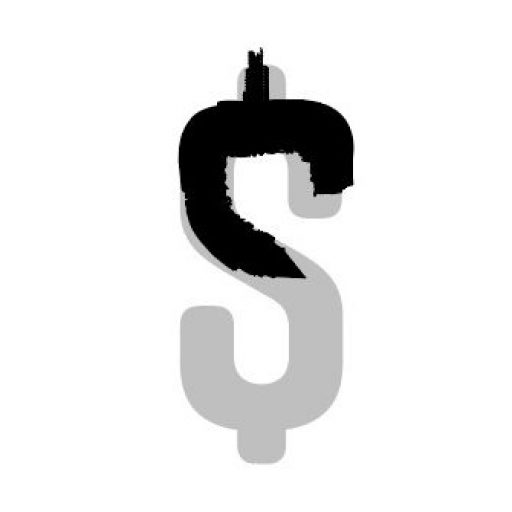The top three companies this year are Australian property developer Mirvac with a score of 79%, followed by DNB (Norway) and National Grid (UK), both scoring 74%, out of the 3,895 companies researched.
Women at the top are still very rare. A minority of 5% companies globally have a female CEO, 13% have a female CFO and 7% have a female chair of their board. Looking at representation from the top to the bottom, women represent 26% of board members, 18% of executives, 25% of senior management and 37% of the total workforce. Gender balance across a company is rare, with only 18 companies globally achieving 40-60% of women at all levels (board, executive, management, and workforce.)
Only 17% of the companies globally publish their gender pay gap, and less than 1% have closed their pay gap (i.e. published a mean, unadjusted gender pay gap of 3% or less, overall or in bands). Disparities in gender pay gap transparency between countries are huge: 92% of Spanish companies publish their gender pay data, while 92% of U.S. companies don’t.
Five years after the beginning of the #MeToo movement, 2021 was the first year during which more than half of companies globally had an anti-sexual harassment policy (53%). Countries that are leading the way on this are Spain followed by Italy, France and Canada.
When it comes to paid parental leave, many countries, including Australia, Canada, New Zealand, the UK, and the U.S., offer limited or no statutory leave. In these countries, some companies are stepping in and offering more generous parental leave, led by Abrdn (formerly Standard Life Aberdeen) which offers 9 months of fully paid parental leave to all parents. At the same time, in 2021, some countries, like Spain, France, Italy, and Belgium, implemented higher-paid paternity leave provisions.
As in previous years, companies in countries with strong legislation on gender equality issues tend to perform better. The best countries for gender equality are France, Spain, Italy, the UK, and Sweden; at the opposite end of the spectrum are Japan, Hong Kong and the U.S. The glass ceiling between the workforce and leadership is worse in some countries than in others, in particular in Switzerland, Germany and Hong Kong.
This research is based on the in-depth analysis of 3,895 publicly-listed companies, representing 102 million employees globally. Companies are researched on 19 gender equality criteria including gender balance from the board to the workforce, as well as the pay gap and policies relating to parental leave and sexual harassment (Scorecard, page 49).
